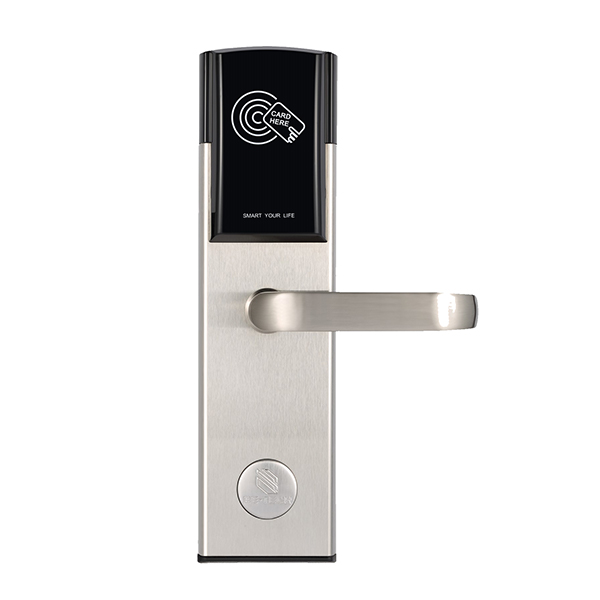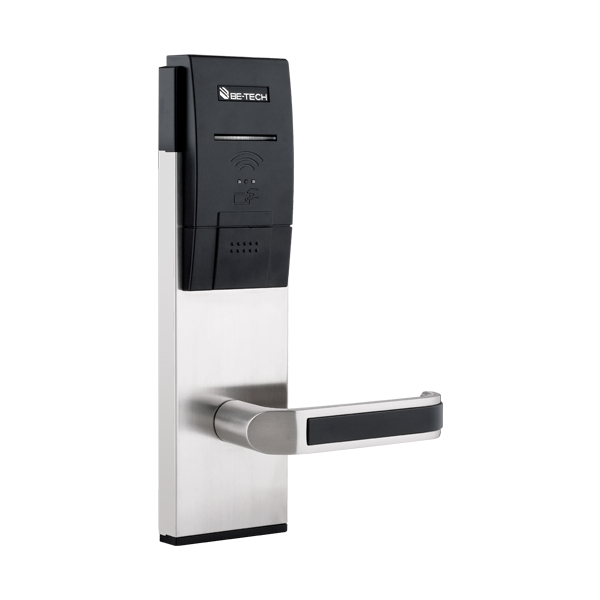In the hospitality industry, ensuring guest safety and protecting sensitive information are top priorities. As security challenges evolve, so must the systems that safeguard hotels and their guests. This guide explores the importance of access control systems in maintaining hotel security, offering valuable insights for wholesalers and procurement professionals serving the hospitality sector.
Understanding Hotel Access Control Systems
Hotel access control systems are the cornerstone of security in modern hospitality establishments. These systems manage entry to various areas within a hotel, ensuring that only authorized individuals can access specific spaces. By implementing robust access control measures, hotels can significantly enhance their overall security posture.
Key areas protected by access control systems include:
- Guest rooms
- Staff-only areas
- Administrative offices
- Conference facilities
- Amenities (e.g., fitness centers, pools)
- Parking structures
The Benefits of Effective Access Control
Implementing a comprehensive access control system offers numerous advantages:
- Enhanced Security: By restricting access to authorized personnel, hotels can minimize the risk of theft, vandalism, and unauthorized entry.
- Improved Operational Efficiency: Automated access control streamlines operations, reducing the need for manual key management and security staffing.
- Guest Satisfaction: A secure environment contributes to guest peace of mind, potentially leading to improved reviews and repeat business.
- Compliance: Proper access control helps hotels meet various industry standards and regulations.
- Audit Trails: These systems generate detailed logs of access events, which can be crucial for investigations or dispute resolution.

Key Features of Hotel Access Control Systems
When selecting an access control system for hotels, consider the following features:
- Keycard Technology: RFID or magnetic stripe cards for secure and convenient access.
- Networked Systems: Allow for centralized management and real-time monitoring.
- Integration Capabilities: Seamless connection with property management systems (PMS) for efficient operations.
- Scalability: Ability to expand the system as the property grows or changes.
- Emergency Protocols: Compliance with fire safety and emergency evacuation requirements.
Best Practices for Implementation
To maximize the effectiveness of hotel access control systems:
- Conduct Regular Access Reviews: Periodically audit user access rights and update permissions as needed.
- Provide Comprehensive Staff Training: Ensure all employees understand how to use the system properly and recognize potential security issues.
- Maintain Detailed Documentation: Keep records of all access-related activities and system changes.
- Implement Role-Based Access Control (RBAC): Assign access rights based on job functions to minimize unnecessary access.
- Stay Updated: Keep the system software and hardware up-to-date to address emerging security threats.

Addressing Common Hotel Security Concerns
- Lost Keycards: Implement protocols for quickly deactivating lost cards and issuing replacements.
- Unauthorized Access Attempts: Configure systems to alert staff about repeated failed access attempts.
- Data Protection: Ensure the access control system safeguards guest information in compliance with relevant privacy standards.
- Power Outages: Choose systems with backup power options to maintain security during outages.
Considerations for Wholesalers and Procurement Professionals
When recommending access control systems to hotels:
- Understand the Specific Needs: Each hotel has unique requirements based on its size, layout, and clientele.
- Focus on Long-Term Value: Consider factors like durability, maintenance requirements, and potential for future upgrades.
- Emphasize Integration: Highlight systems that can seamlessly integrate with existing hotel infrastructure.
- Discuss Energy Efficiency: Many hotels prioritize sustainability, so energy-efficient options may be appealing.
- Provide Training Support: Offer resources or partnerships for staff training on new systems.
Conclusion
As the hospitality industry continues to evolve, so do the security challenges it faces. By understanding and implementing robust access control systems, hotels can create safer environments for guests and staff alike. For wholesalers and procurement professionals, staying informed about the latest developments in hotel security technology is crucial. By offering tailored, effective solutions, you can position yourself as a valuable partner in the ongoing effort to enhance hotel security.
Remember, in the world of hotel security, access control is not just about locking doors—it’s about opening the door to a safer, more secure hospitality experience.
